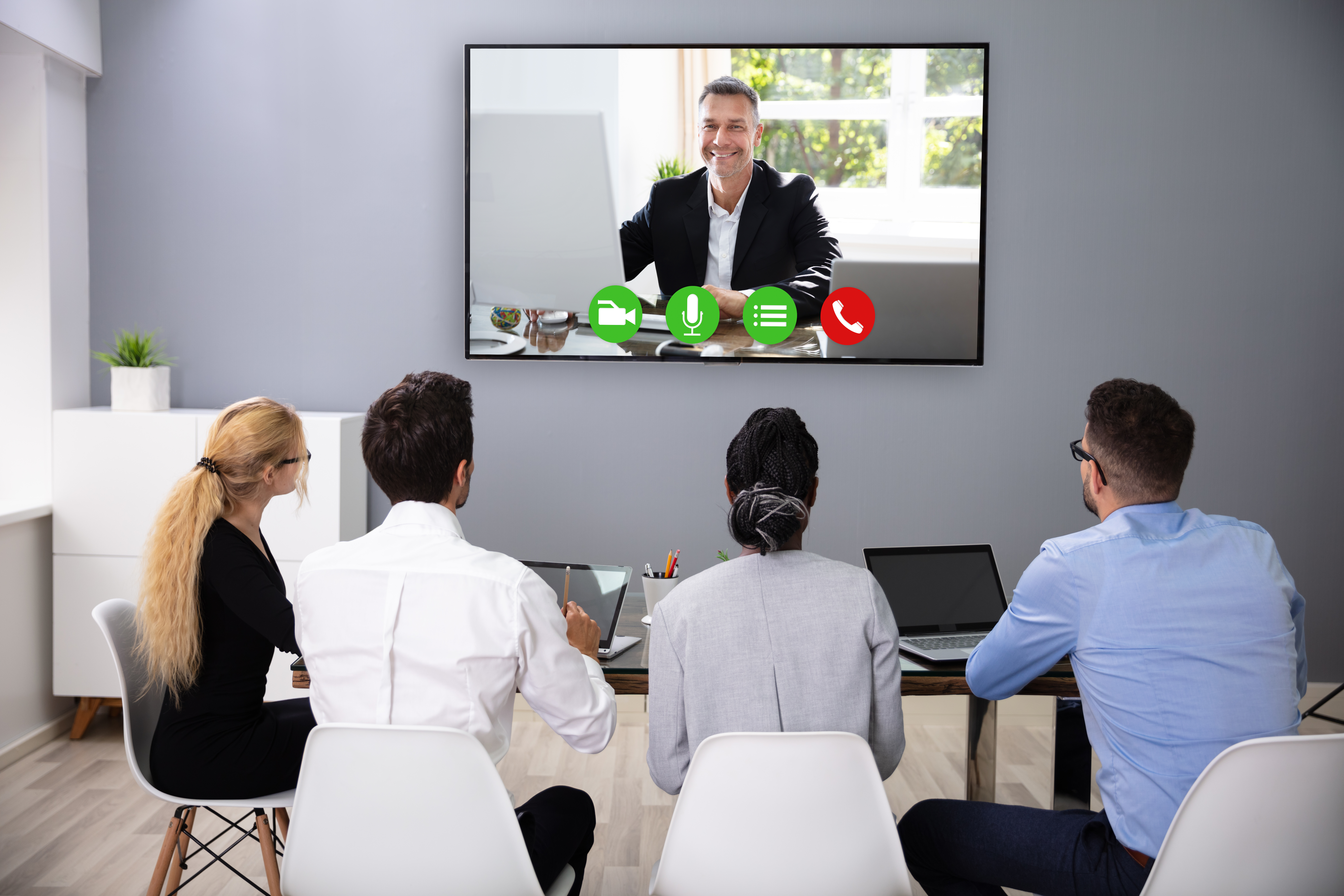Let’s stop focusing on the return to the office
As hybrid working takes hold around the world, it’s time to stop talking about the “return to the office” as if it’s a one-time event. It focuses us on how many days we going to spend in a particular place, rather than what’s the best location and method of getting the work done.
More and more of our clients are asking how do we embed new practices as part of the new normal way of leading and collaborating with other people.
The UK seems particularly receptive to remote and hybrid working and tops an international league table of people claiming they would rather quit or find a new job than return to the office full time.
This despite having a Prime Minister who claims that he (and therefore you) can’t work from home because he finds cheese too distracting and spends his time walking slowly from his desk to the fridge and back and forgets what he is doing. It’s slightly worrying with that with all the potential demands on his time including dealing with Brexit, Ukraine, COVID and high levels of inflation, His major distraction was cheese!
It also flies in the face of research and general experience, that when we are working from home we are less distracted, not more. I’m sure his views are unrelated to encouraging people back into city centre offices and restaurants who pay significant amounts of business taxes.
Once we move our focus away from the return to the office as an event, we can start to focus on what needs to change in our way of working to get the best out of our time together and our time apart.
We will need to adapt our way of working to compensate for some of the potential disadvantages of being away from the office for part of the time, including the risk of proximity bias in development and succession planning, building and sustaining our culture and values and maintaining relationships.
in a hybrid pattern where people are going into the same office for two or three days a week, I really wouldn’t be too concerned about some of these things. If you’re in the office every week or two you have plenty of time to do these things face to face if you need to. If you’re spending more than three days a week embedding your culture or working on social contact, good luck on staying in business.
If you’re in a more distributed organisation where you don’t meet people face to face very often, if at all, (perhaps an organisation with multiple locations or an international dimension) then you do need to work through how you’re going to adapt to some of these things.
For those who think it’s impossible to do this remotely we can point to many examples of companies have done it successfully in an entirely remote environment; most international teams, many sales organisations and many organisations like my own have worked this way. It’s not as if these are unexplored issues and we already have a full curriculum of bitesize modules giving you the leadership, collaboration and personal effectiveness skills you need to thrive in a remote and hybrid environment.
However, what is different is that we are doing this at much larger scale than in the past, that it is new to many people, and that many organisations are giving individual teams the power to enact much higher levels of flexibility.
We are already seeing this leading to a certain silo mentality with some hybrid teams determining their own pattern of work without thinking about the impact on their key interfaces and stakeholders.
In establishing an optimal pattern, we will need some compromises between individual preferences, team needs and business considerations. Only a solution that takes all of these things into account will be mutual and sustainable.
So let’s stop focusing on the return to the office, and start focusing on evolving (we won’t get it right first time) a sustainable way of working for the medium to long term future.

Explore our training programs to see how we can help.
Agile & Digital Training Matrix Management Training People and purpose Training Virtual Teams TrainingEducate yourself further with a few more or our online insights:
30 years of experience learning with a range of world class clients
We work with a wide range of clients from global multinationals to recent start-ups. Our audiences span all levels, from CEOs to operational teams around the world. Our tools and programs have been developed for diverse and demanding audiences.

Tailored training or off the shelf modules for your people development needs
We are deep content experts in remote, virtual and hybrid working, matrix management and agile & digital leadership. We are highly flexible in how we deliver our content and ideas. We can tailor content closely to your specific needs or deliver off the shelf bite sized modules based on our existing IP and 30 years of training experience.
For more about how we deliver our keynotes, workshops, live web seminars and online learning.